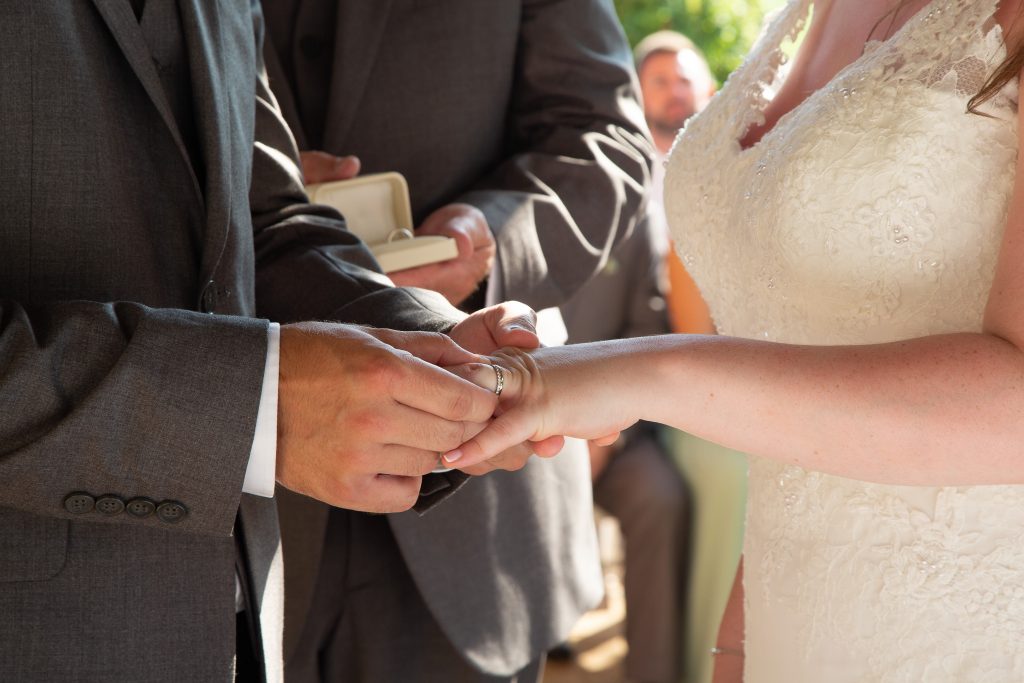A number of amendments have been made to existing marriage laws in South Africa in recent months. These changes were meant to have been implemented earlier in the year but were impacted by the COVID-19 pandemic and resulting lockdown.
The Department of Home Affairs said in a presentation to parliament that they plan to introduce new policy changes that will update South Africa’s marriage laws. The policy will be drafted for public comment before the end of the 2020/2021 financial year, which will be by March 31, 2021.
The changes are all based on constitutional values and modern social dynamics, the department explained in May.
“Despite all the changes that have been made in the marriage legislation post-1994, there are still serious gaps in the current legislation. For instance, the current legislation does not regulate some religious marriages such as the Hindu, Muslim, and other customary marriages that are practised in some African or royal families,” the department said.
“Given the diversity of the South Africa population, it is virtually impossible to pass legislation governing every single religious or cultural marriage practice. It is against this background that the DHA is embarking in the process of developing a marriage policy that will lay a policy foundation for drafting a new single or omnibus legislation.”
The key updates introduced in the new policy include:
– The new Marriage Act will allow South Africans of different sexual orientations, religious and cultural persuasions to legally marry.
– New rules on the age of marriage
– Changes in marriage, matrimonial property, and divorce legislation
– solemnisation and registration of marriages that involve foreign nationals
– solemnisation and registration of customary marriages that involve non-citizens especially cross-border communities or citizens of neighbouring countries
Most recently, President Cyril Ramaphosa has signed the Civil Amendment Act of 2020, making it illegal for state marriage officers and magistrates to refuse to solemnise a civil union between same-sex couples.
Picture: Unsplash




















